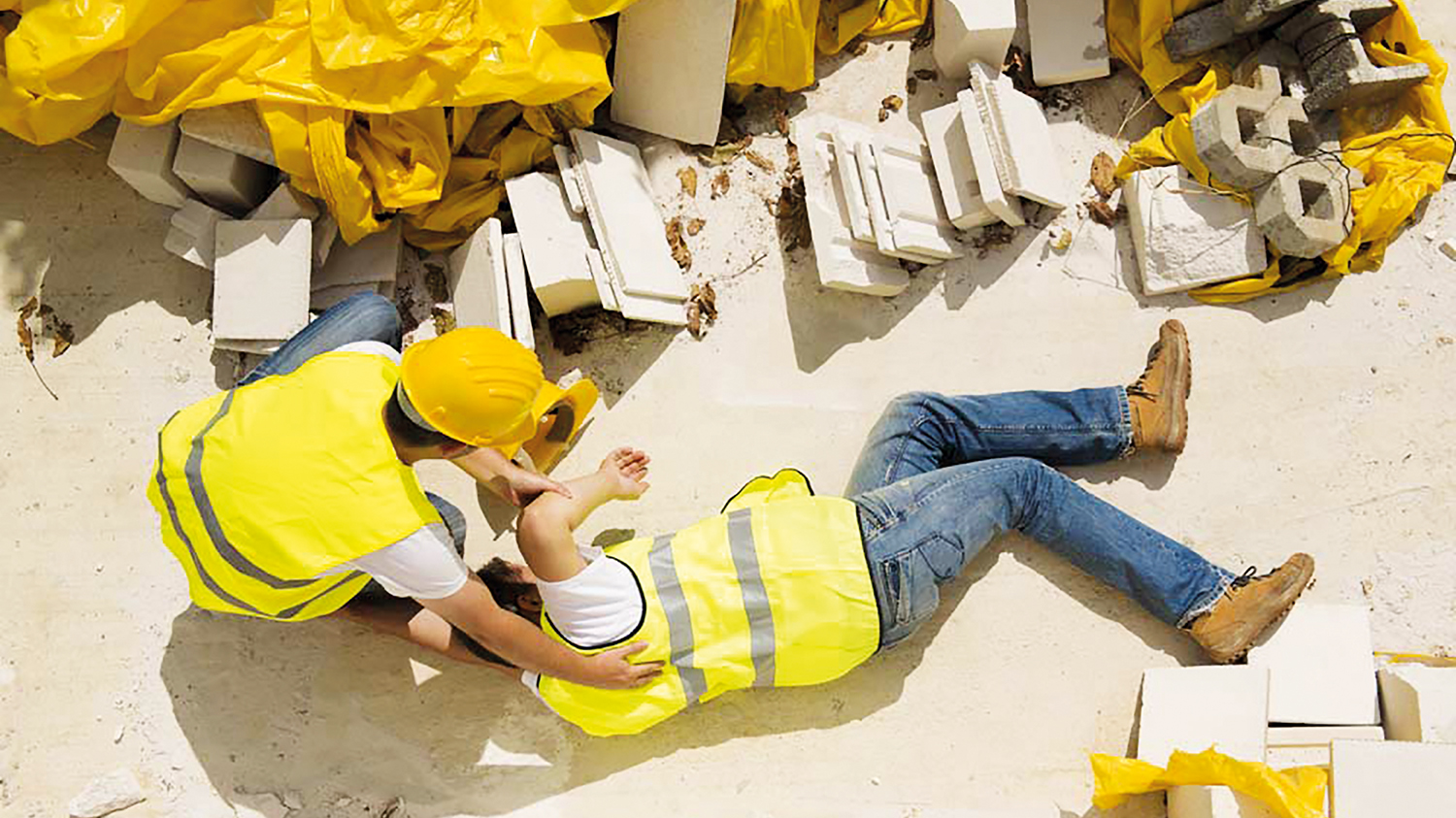
Ahead of Diabetes Awareness Week this month, Kate Walker looks at the safety, compliance and productivity risks for construction companies not aware of their legal obligations to workers.
Some 7% of the UK population is now living with diabetes. This means construction employers are at increased risk from workers having hypoglycaemic (low blood sugar levels) and hyperglycaemic (high blood sugar levels) episodes where they can suddenly become incapacitated or pass out.
Modelled data from the Diabetes Safety Organisation based on CITB figures shows that the construction industry could be losing over 64,000 hours a week due to non-severe ‘hypos’, potentially costing the sector approximately £670,000 weekly.
Diabetes events are also likely to be a contributing factor to slipping and tripping accidents – the single most common cause of major injury in UK workplaces.
The legal implications of diabetes risks
Construction companies must be aware of key legal requirements around diabetes because it is a known and foreseeable risk. For example, employers need to ensure so far as is reasonably practicable that they manage the risk and put in place appropriate controls and mitigations under the Health and Safety at Work etc Act (1974).
If diabetes contributes to a workplace accident and an employer has taken no steps to assess and reduce the risk, then the employer will have committed a criminal offence and face a significant fine.
Diabetes is classed as a disability and this needs to be taken into account with the Equality Act, such as making reasonable adjustments to help staff effectively manage their diabetes.
The DVLA applies strict rules for people who manage their diabetes with insulin, including a requirement to test blood glucose levels every two hours while driving. The Health and Safety Executive say the same rules would apply off-road to all plant and vehicle operators.
What is a ‘Diabetes Safe’ company?
‘Diabetes Safe’ companies are those that take concrete steps to minimise and prevent the risks associated with diabetes. Construction organisations already working with us to be Diabetes Safe include Balfour Beatty working on Lower Thames Crossing, Kier Highways and the Civil Engineering Contractors Association.
Being Diabetes Safe means managing the immediate risk of diabetes in the workplace, such as accidents caused by hypos. It also involves supporting employees with diabetes to manage their condition at work and prevent its escalation.
Diabetes Safe workplaces prevent diabetes across their workforce through simple steps such as training and awareness. It is evident that if diabetes is understood and well managed there are many business benefits that will positively impact people and profits.
Kate Walker is the chief executive officer of the Diabetes Safety Organisation.











